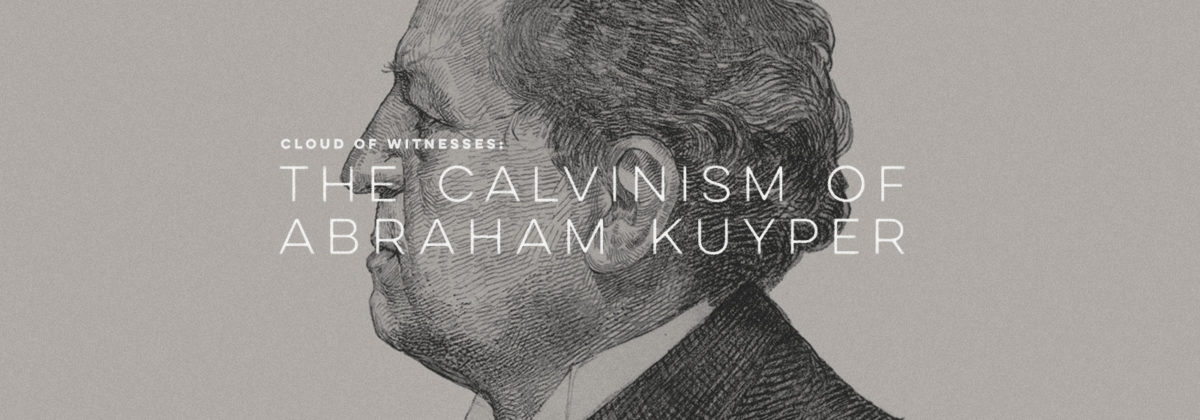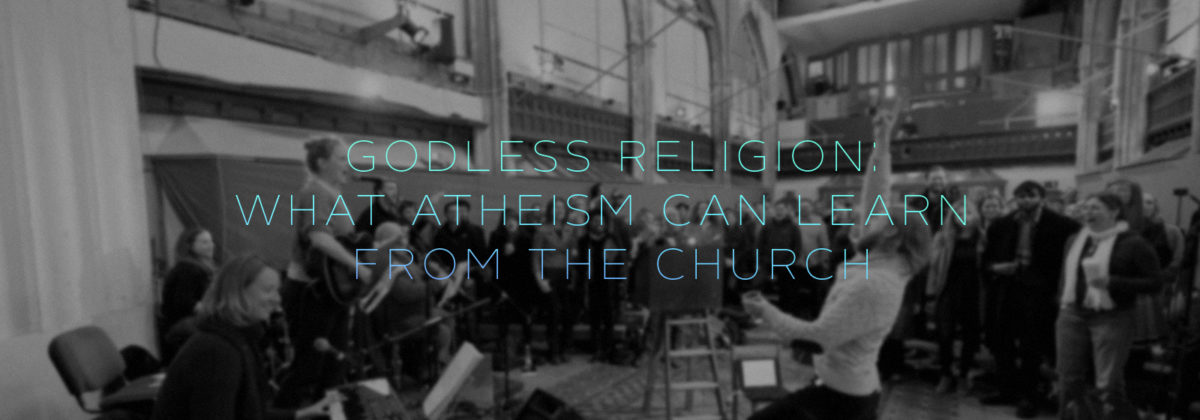Over the Memorial Day weekend, tragedy ravaged the University of California, Santa Barbara. Six members of its student body—two women and four men—were murdered by Elliot Rodger, who then committed suicide. He had issued a warning on YouTube, declaring his motives. He wanted to exact revenge upon every “spoiled, stuck-up, blonde slut” who had rejected him, and the men they had embraced instead. On Twitter, the hashtag #YesAllWomen has emerged in response as a thoughtful attempt to draw attention to the pervasiveness of sexualized violence against women, expressed through rape, harassment, or the many other forms of misogyny.
A few days ago, a friend of mine shared an experience she had in Vancouver. She was harassed by a group of men who teach other men how to pick up women. She encountered The Pickup Artist School. Yes, you can pick up your jaw now. These sorts of things really do exist. A group of men hit on her, while another watched lurking in the distance to take notes. She emailed the founder to share how uncomfortable the experience was and “how it was sexist, unethical and dangerous” to teach men that “women are nothing but an emotionally manipulative game to be played in order to get what they want.” The disturbing part is how he responded, by saying, “My program wouldn’t exist if stuck up bitches like you would loosen up.”
While these two stories have dramatically different outcomes they share an equally disturbing premise: women aren’t people. No, women are things. Products. No different than stuff that can be purchased at a store. Women are things to be possessed. And worse, they are possessions that many men believe they are entitled to have. And while some cultures across the globe express this view more drastically than our own, it is still active and present here in North America, and here in Vancouver.
Abusive forms of patriarchy, one of the predominant culprits that fosters these negative views of women, is the result of the fall and not a part of this originally good creation.
Now, I feel compelled to speak so harshly about the way many men view women because it’s precisely how I used to view women. And it’s dangerous. Incredibly dangerous. It led me to say whatever it would take to possess whatever woman I wanted in the way that I wanted. It was never about her, whoever “her” was for that moment. It was always about me and my wants and desires. I’m deeply ashamed of this season of my life. Over the past seven years, God has convicted me of this terrible sin and reshaped the way I view women. I’m concerned, however, because I still see many of my peers living this way. And while the outcome of their perspective may be subtler and may not result in physical abuse, their view of women is still dangerous. They are still treating women as if they are possessions, not people.
If you’re scratching your head saying, “Wait, women are people?” let me suggest something: until you’re willing to see a woman as another person who is equal to you, as someone who has freedom and a will that doesn’t have to conform to yours, then you should not attempt to be in a relationship. You are not entitled to be in a relationship, because any true relationship is entered into freely, without coercion. You need to repent. Because here’s how God sees women:
Both men and women were made in the image of God, which means that women reveal who God is just as much as men do. The distinctiveness between men and women each gives us a glimpse into who God is. Now, Eve was created as Adam’s “helper,” but that isn’t to say that she was less than Adam. Far from it! This is the same word used throughout the Scriptures to refer to God, in famous phrases like, “The Lord is my helper.” Eve’s relationship to Adam as a helper then tells us something about how she uniquely bears God’s image in contrast to Adam. It does not speak to her status and it certainly does not make her inferior. It is a celebration of how God has endowed his image within her.
Patriarchy, which is one of the culprits that fosters these negative views of women, is the result of the fall and not a part of this originally good creation. It is described as a consequence, a curse, for Adam and Eve’s disobedience in the garden. But patriarchy is not the end of the story. Since Jesus came to reconcile all things to God, since he became the curse for us, we are now living in light of the new creation where there is “no male and female, for you are all one in Christ Jesus” (Galatians 3:28). Jesus is reversing the effects of the fall and lifting women back up into their rightful position as equals with men. While Scriptures that deal with women can be complicated, we see that the end result is that society can be redeemed out of patriarchy because of the cross.
As Christians, we need to seriously consider our theology of creation and redemption and what it teaches us about women so that we can identify areas in our culture and in our lives that are not in line with the gospel of Jesus. We need to empower women and actively combat the many ways inside and outside the church that they are treated as less than people. We also need to actively call men to start viewing women with the eyes of Christ. If your perspective toward women leads to viewing them as weak, or inferior, or as things to be possessed, then you are not in step with the gospel. You need to repent. Because in the gospel, we can boldly proclaim #YesAllWomen.




